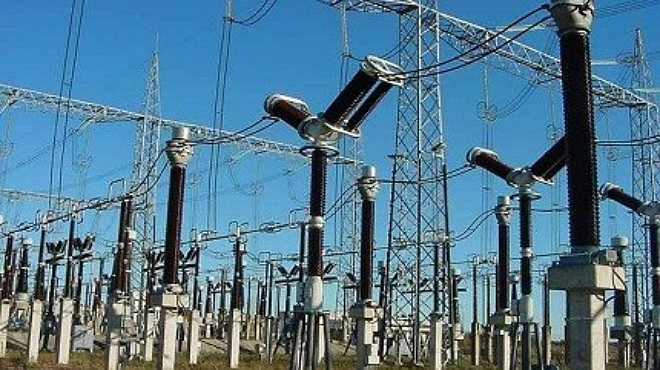The proposed changes would significantly increase electricity costs and limit access to clean energy for Mexico’s citizens.
UNITED STATES (U.S Chamber of Commerce/El Financiero/IMEF) – The U.S. Chamber of Commerce said AMLO’s bill seeking to reform Mexico’s electricity industry “is worrisome” because it would create not only a monopoly but also violates the commitments established in the Treaty between Mexico, the United States and Canada (USMCA).
“Such drastic changes will open the door for the reestablishment of a monopoly in the electricity sector and, we believe, would directly contravene Mexico’s T-MEC commitments. Besides, these changes would significantly increase the cost of electricity and limit access to clean energy for the citizens of Mexico,” said Neil Herrington, senior vice president for the Americas at the U.S. Chamber of Commerce.
He added that this move is part of a pattern of decisions made by the Mexican government in recent months.
“These positions have undermined the confidence of foreign investors in the country, just at a time when more Foreign Direct Investment (FDI) is needed in Mexico,” he said.
Neil Herrington stressed that for the Mexican economy to emerge from its worst contraction since the Great Depression, it would be of utmost importance to recover jobs and economic growth through more U.S. and foreign investment.
“We call on the Mexican government to withdraw this bill and engage with the private sector on tangible solutions to boost the energy industry. We look forward to working with the Biden Administration, key trading partners, and our partners in Mexico to support a competitive electric power sector in Mexico that provides a level playing field for the private sector and contributes to sustainable growth and job creation,” Herrington said.
At the end of the third quarter of the year, Mexico received 906 million dollars in Foreign Direct Investment (FDI) in the electricity sector, representing an annual drop of 32.3 percent, according to data from the Ministry of Economy. Thus, the foreign capital that entered the sector has been the lowest, for a similar period, since 2016.
Electricity reform, a step backward – IMEF
The initiative that the Federal Executive presented to the Congress of the Union -which contemplates various reforms to the Electricity Industry Law, would represent a step backward in the development of a competitive market and will have repercussions on the wellbeing of Mexicans, warned the Mexican Institute of Finance Executives (IMEF).
For the institute, the proposed changes would be counterproductive to the final objectives pursued by the initiative.
IMEF pointed out that “they would represent a setback in the development of a competitive electricity market, would not guarantee better rates for families and companies, would negatively affect the wellbeing of Mexicans in terms of health and would directly impact Mexico’s attractiveness as an investment destination.”
Therefore, the professional organization urges the Congress of the Union to comprehensively evaluate the initiative’s impact, consider the factors exposed, and contribute proactively and constructively to the review of the issue.
In their press release, they pointed out the importance of guaranteeing the quality and reliability of the national electric system and promoting cost and price structures that strengthen the sector and support the wellbeing of families and the competitiveness of our economy.
Some of the implications.
The elimination of the obligation of the CFE, acting as Basic Services Supplier, to obtain energy through electricity auctions, would be detrimental to competition in the market, reducing supply and incentives to have lower rates.
Another point is that eliminating auctions would increase CFE’s generation costs and directly impact final tariffs, unless a more significant subsidy is granted to them, with the impact this could have on public finances.
Furthermore, by changing the order of dispatch from an economic one to one that directly favors CFE plants, private generators are directly affected, inhibiting competition and negatively impacting the sector’s price structure.
He indicated that the revocation of self-supply permits and the review of independent energy production contracts violate the rights granted in the Electric Energy Public Service Law, protected in the transitional provisions of the Electric Industry Law.
“The modifications would negatively affect the evolution of the Mexican energy sector towards a composition with a greater participation of clean energies, which is detrimental to Mexicans’ health and would affect the country’s compliance with international agreements on the matter.”


